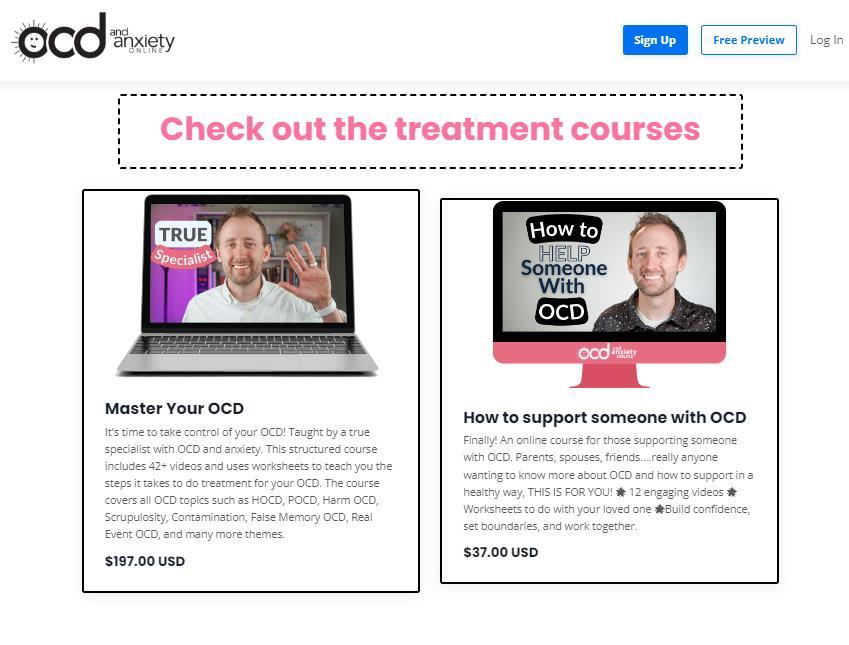Choose the right treatment for OCD.
OCD is an obsessive-compulsive disorder in which people have recurring, unwanted thoughts, ideas, or sensations. The repetitive behaviors, such as hand washing and cleaning, checking on things, and mental acts like counting or other activities, can significantly interfere with a person's daily activities and social interactions.
The common content of obsessional thoughts is,
- fear of contamination by people or the environment
- disturbing sexual thoughts or images and religious, often blasphemous, thoughts or fears
- fear of perpetrating aggression or being harmed, and extreme worry that something is not complete.
- Extreme concern with order, symmetry, or precision and fear of losing or discarding something important
- can also be seemingly meaningless thoughts, images, sounds, words, or music.
CBT is a treatment for OCD that uses two scientifically based techniques to change a person’s behavior and thoughts: exposure and response prevention and cognitive therapy. CBT is conducted by a cognitive-behavioral therapist who has special training in treating OCD. A Nathan Peterson therapist helps you with exposure over a period of time, and your anxiety shrinks until it is barely noticeable or even fades entirely. Cognitive therapy for OCD focuses on the experience of negative thoughts.
Relationship OCD is when your doubts and discomfort about a romantic relationship become uncontrollable and hurt the relationship. Relationship OCD is a form of obsessive-compulsive disorder in which people experience intrusive thoughts and compulsive behaviors related to their relationship with their romantic partner. The condition can create repetitive thoughts that center on doubts or fears about the relationship.
The actual goal of treating ERP, which also improves uncertainty tolerance, is Moral scrupulosity OCD. Violate the expectation that uncertainty about morality is intolerable and improve your ability to commit to value-based behaviors despite unwanted thoughts and feelings.
OCD people are usually very attentive and have great attention to detail, and it can be useful in a number of different situations in school, at work, while doing creative hobbies, and so on. Most people go through life on autopilot, and attention to detail often falls by the wayside.
OCD and Anxiety Online, Nathan Peterson OCD specialists are hard to find and OCD treatment can feel near impossible. Nathan Peterson has helped hundreds recover and he’s ready to empower you to send your OCD packing. They help you to recover from OCD through 42 engaging videos and know exactly how to handle your OCD as we go through learning your OCD, treating it, and maintaining progress. OCD and Anxiety Online provide you evidence-based treatments including exposure and response prevention. Visit us now at https://www.ocd-anxiety.com/
